Egresados doutoramento
A acreditación do actual programa de Doutoramento foi o 25/09/2013. Se presenta a información dos egresados dende o curso 2013-2014.
 (2025)
(2025) | Armijos Toro, Livino Manuel. Departamento Estadística, Análisis Matemático y Optimización - Universidade de Santiago de Compostela. Doutor/a pola USC desde 13-03-2025, Nuevas contribuciones al estudio y cálculo de índices de poder para juegos de mayoría ponderada. | |
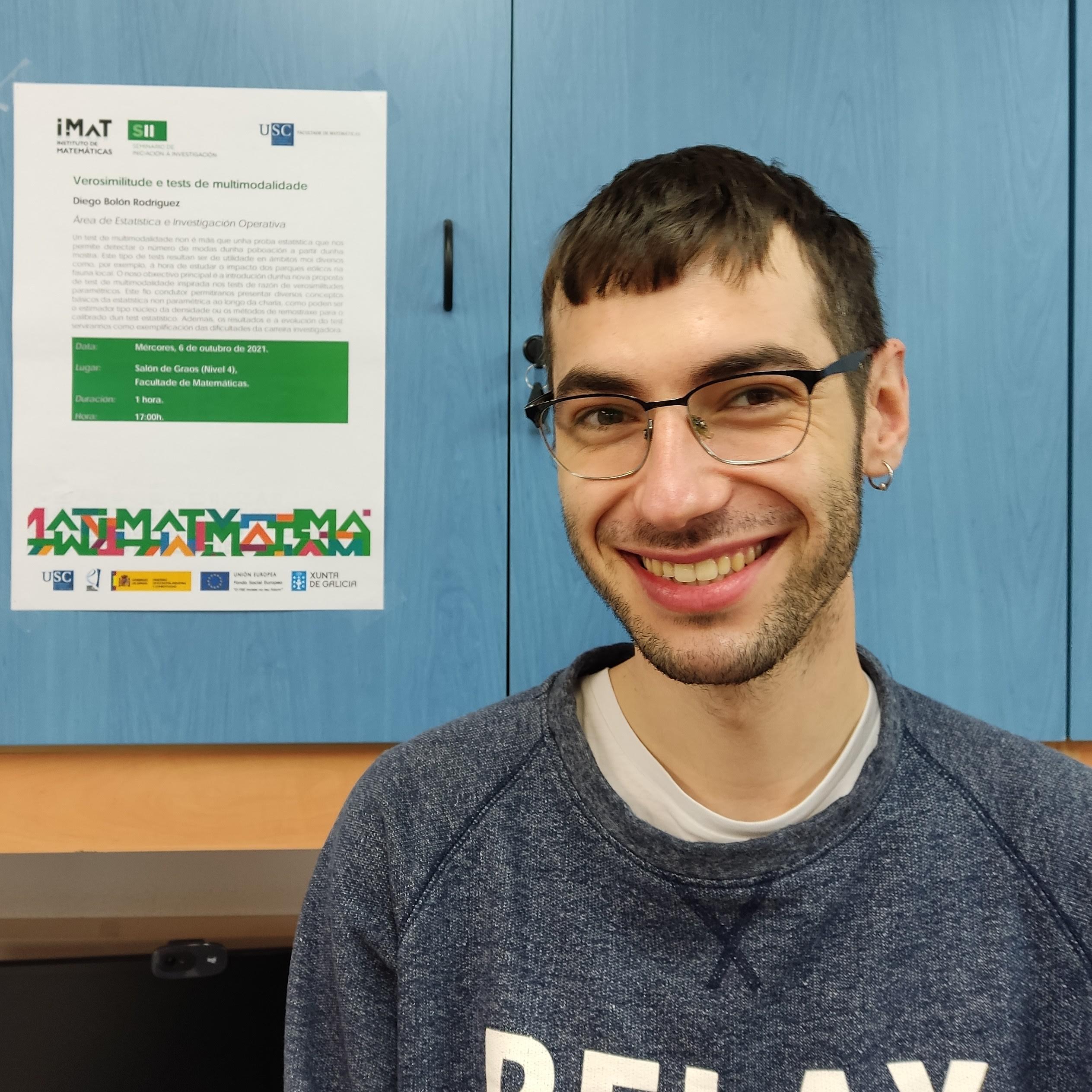 (2024)
(2024) | Bolón Rodríguez, Diego. Doutor/a pola USC desde 23-05-2024, Métodos de inferencia non paramétrica orientada a obxectos. | |
 (2023)
(2023) | Davila Pena, Laura. Departamento Estadística, Análisis Matemático y Optimización - Universidade de Santiago de Compostela. Doutor/a pola USC desde 30-01-2023, Optimization and cooperation with logistics applications. | |
| (2023) | Freijeiro González, Laura. Departamento CITMAGA - Universidade de Santiago de Compostela. Doutor/a pola USC desde 30-06-2023, Nuevos aportes para modelos de regresión con covariables de alta dimensión o de carácter funcional. | |
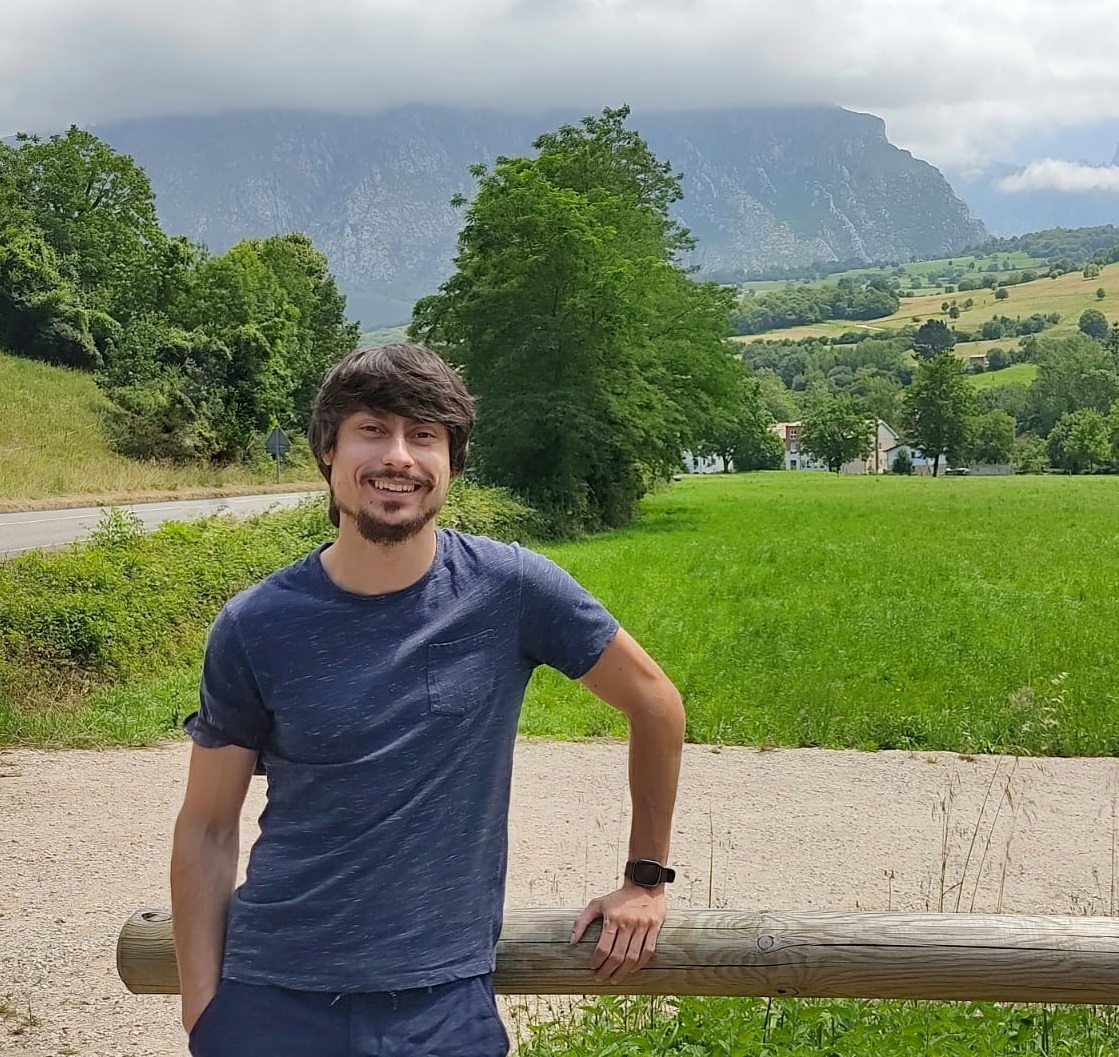 (2022)
(2022) | González Rodríguez, Brais. Departamento Estadística e Investigación Operativa - UVIGO. Doutor/a pola USC desde 02-12-2022, Advances in Polynomial Optimization. | |
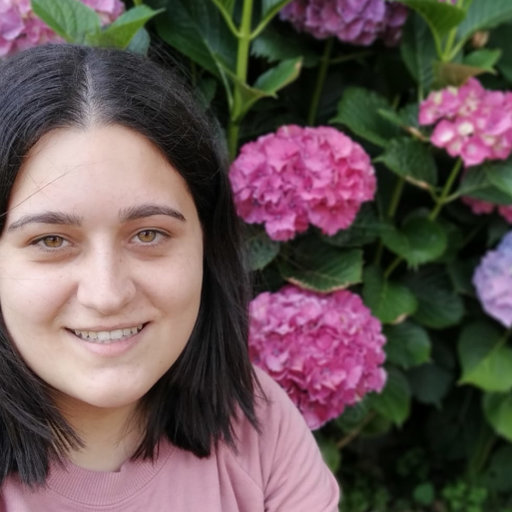 (2022)
(2022) | Alonso Pena, María. Departamento Estadística, Análisis Matemático y Optimización - Universidade de Santiago de Compostela. Doutor/a pola USC desde 08-09-2022, New approaches to circular regression models. | |
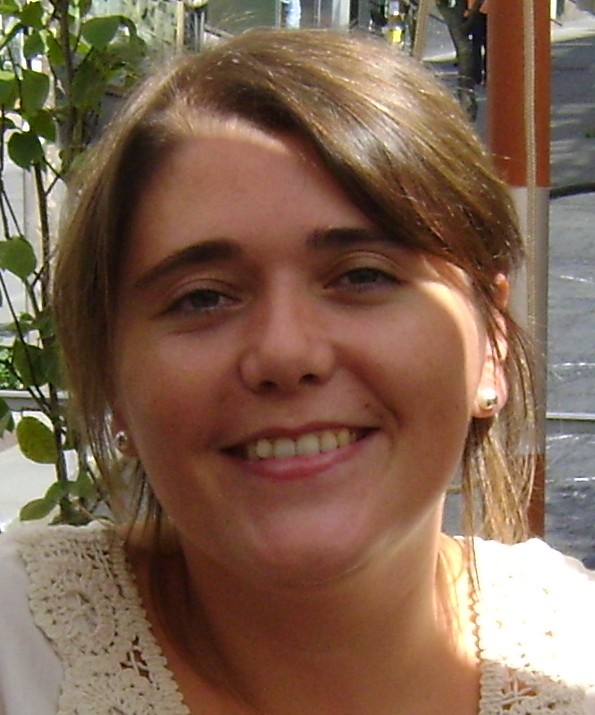 (2022)
(2022) | Ginzo Villamayor, María José. Departamento Estadística, Análisis Matemático y Optimización - Universidade de Santiago de Compostela. Doutor/a pola USC desde 20-05-2022, Técnicas estadísticas en geolingüística. Modelización onomástica. | |
| (2022) | Lado Baleato, Oscar. Departamento Grupo de metodología de la investigación (RESMET) - Fundación Instituto de Investigación Sanitaria de Santiago de Compostela. Doutor/a pola USC desde 25-11-2022, Novas aportacións a inferencia os modelos aditivos xeneralizados para respostas bivariadas. Aplicacións en biomedicina. | |
 (2021)
(2021) | Meilán Vila, Andrea. Departamento Estadística - Universidad Carlos III de Madrid. Doutor/a pola UDC desde 12-01-2021, Técnicas no paramétricas para Regresión Espacial con Datos Complejos. | |
| (2021) | Barreiro Ures, Daniel. Doutor/a pola UDC desde 10-12-2021, Estimación no paramétrica de la densidad y la regresión para muestras de gran tamaño. | |
| (2021) | Gonçalves Dosantos, Juan Carlos. Departamento Matemáticas - Universidade de A Coruña. Doutor/a pola UDC desde 19-02-2021, Optimización e reparto en algúns problemas de decisión multi-axente ou con elementos estocásticos. | |
| (2021) | Novo Díaz, Silvia. Doutor/a pola UDC desde 20-12-2021, Contribuciones metodológicas en modelos de regresión semiparamétricos para datos funcionales. | |
 (2021)
(2021) | Fanjul Hevia, Arís. Departamento Estadística e Investigación Operativa y Didáctica de las Matemáticas - Universidad de Oviedo. Doutor/a pola USC desde 19-02-2021, Nonparametric methods for the comparison of ROC curves with application to biomedicine. | |
| (2021) | Martínez Villanueva, Nora. Departamento Estadística e Investigación Operativa - UVIGO. Doutor/a pola UVIGO desde 15-07-2021, New contributions to the identification of groups in nonparametric curves. | |
|
| Barbeito Cal, Inés. Departamento Matemáticas - Universidade de A Coruña. Doutor/a pola UDC desde 09-07-2020, O bootstrap para a estimación non paramétrica da densidade baixo dependencia. | |
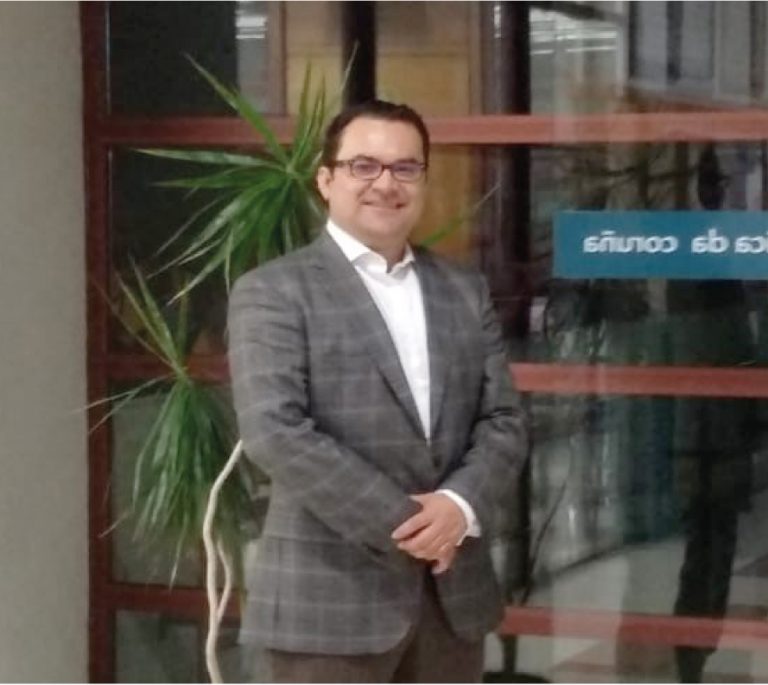 (2019)
(2019) | Flores Sánchez, Miguel Alfonso. Departamento Matemática - Universidad Escuela Politécnica Nacional. Doutor/a pola UDC desde 20-03-2019, Functional Data Analysis in Statistical Process Control. | |
| (2019) | Montero Manso, Pablo. Departamento Econometrics & Business Statistics Department - Monash University. Doutor/a pola UDC desde 30-01-2019, Aprendizaje supervisado y no supervisado en datos temporales mediante medidas de disimilaridad. | |
| (2019) | Espasandín Domínguez, Jenifer. Doutor/a pola USC desde 19-07-2019, Contributions to distributional regression models. Applications in biomedicine. | |
 (2019)
(2019) | Oviedo de la Fuente, Manuel. Departamento Matemáticas - Universidade de A Coruña. Doutor/a pola USC desde 18-01-2019, Advances in Functional Regression and Classification. | |
 (2019)
(2019) | Saavedra Nieves, Alejandro. Departamento Estadística, Análisis Matemático y Optimización - Universidade de Santiago de Compostela. Doutor/a pola UVIGO desde 15-03-2019, Contribuciones a los modelos de inventario multi-agente cooperativos. | |
 (2018)
(2018) | López Cheda, Ana. Departamento Matemáticas - Universidade de A Coruña. Doutor/a pola UDC desde 25-05-2018, Nonparametric inference in mixture cure models . | |
 (2018)
(2018) | Borrajo García, María Isabel. Departamento Estadística, Análisis Matemático y Optimización - Universidade de Santiago de Compostela. Doutor/a pola USC desde 23-02-2018, Nonparametric inference on point processes with covariates. | |
 (2018)
(2018) | Cousido Rocha, Marta. Departamento Centro Oceanográfico de Vigo - Instituto Español de Oceanografía. Doutor/a pola UVIGO desde 10-12-2018, Novas Contribucións á análise estatística de datos de alta dimensión. | |
| (2017) | Lafuente Rego, Borja Raúl. Departamento Matemáticas - Universidade de A Coruña. Doutor/a pola UDC desde 06-07-2017, Novas aportacións metodolóxicas na clasificación de series temporais. | |
| (2017) | Boubeta Martínez, Miguel. Doutor/a pola UDC desde 30-06-2017, Modelos lineales mixtos generalizados: estudio de los incendios en Galicia. | |
 (2017)
(2017) | González Rueda, Ángel Manuel. Departamento Estadística, Análisis Matemático y Optimización - Universidade de Santiago de Compostela. Doutor/a pola USC desde 22-12-2017, Redes de transporte de gas: Deseño de algoritmos de optimización e metodoloxías de tarificación. | |
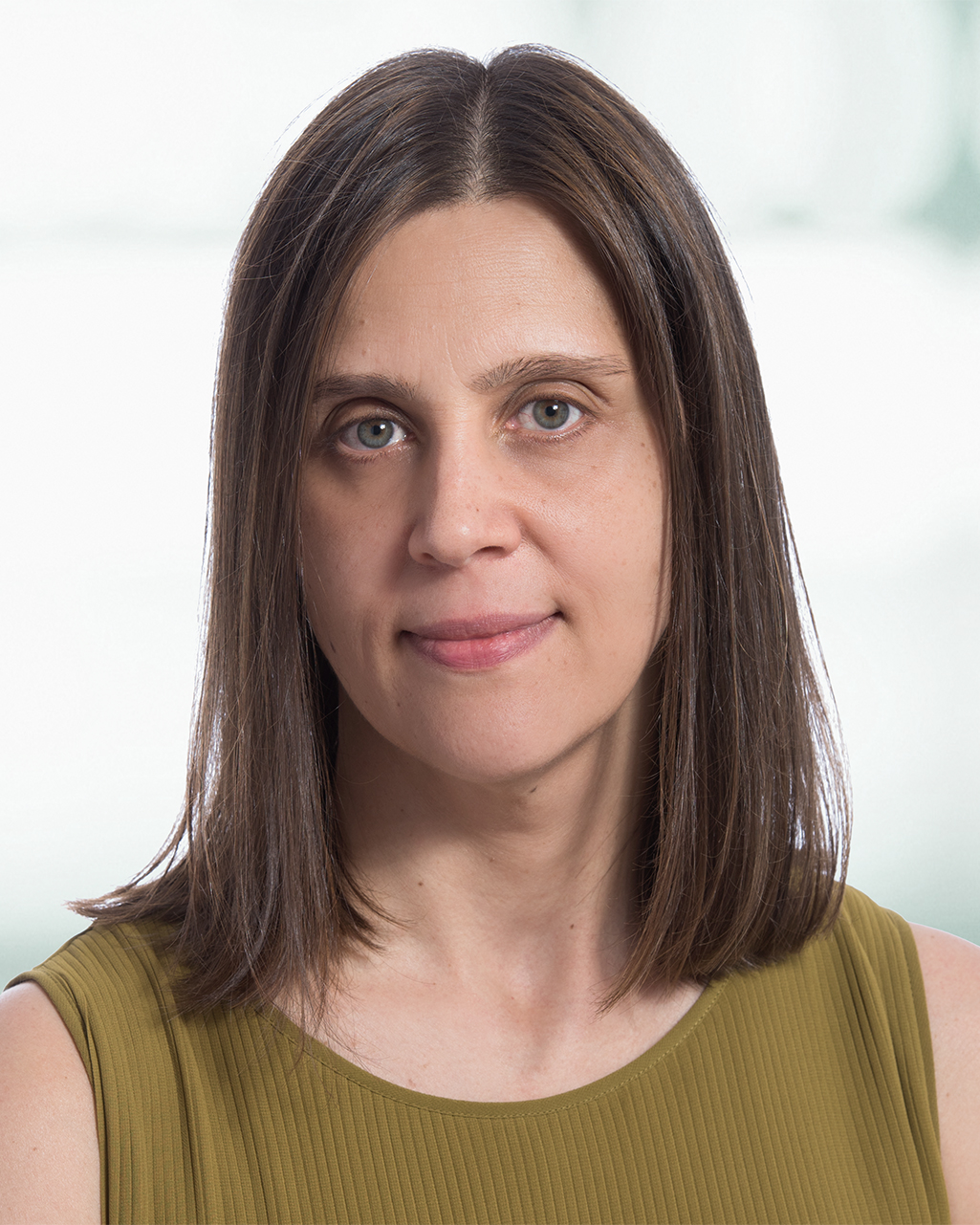 (2017)
(2017) | Duarte Castro Rocha, Elisa María. Departamento Education Directorate - Organisation for Economic Co-operation and Development. Doutor/a pola USC desde 10-11-2017, Statistical Contributions in Modeling Breast Cancer Data through Structured Additive Regression (STAR) Models. | |
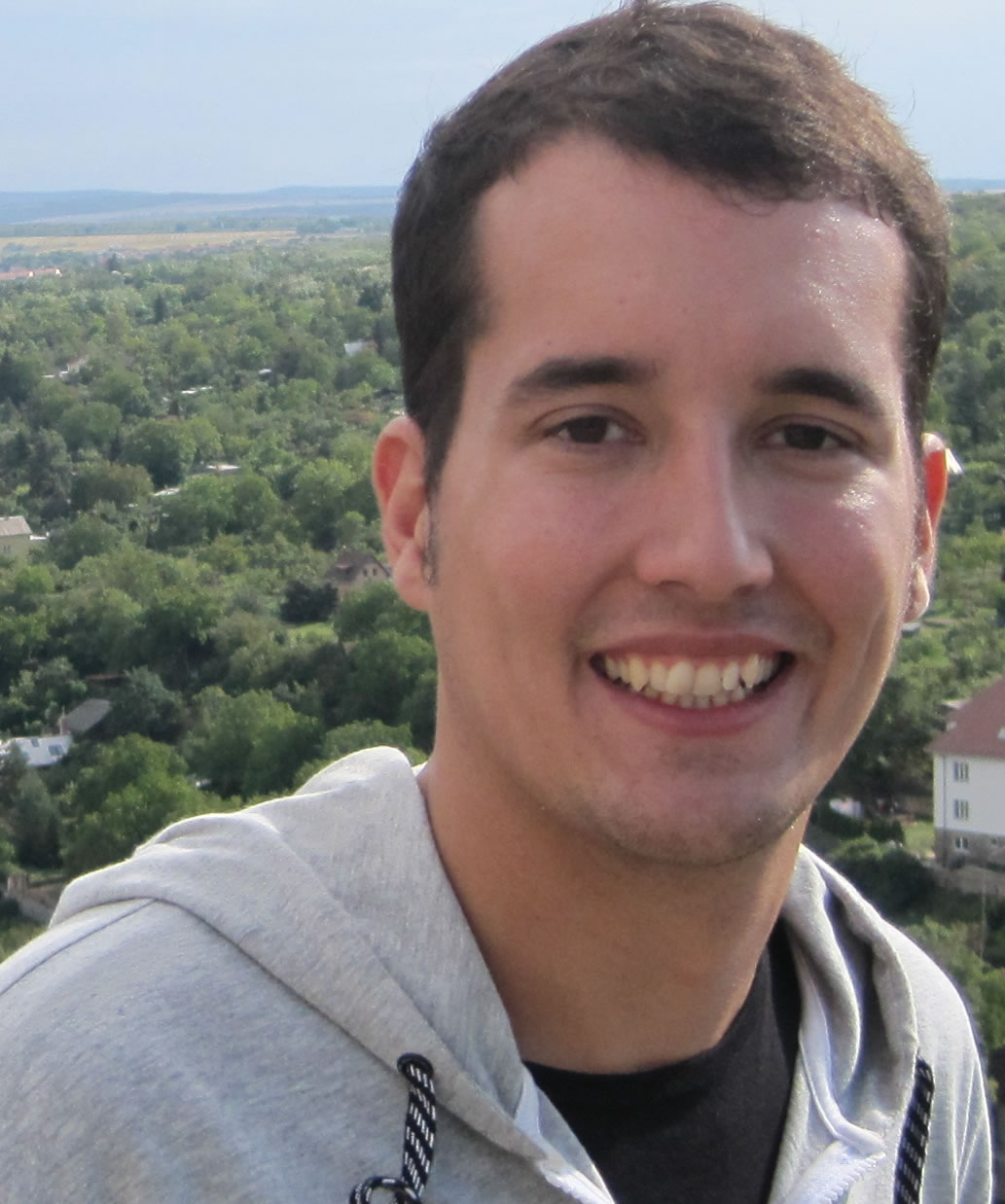 (2017)
(2017) | Ameijeiras Alonso, Jose. Departamento Estadística, Análisis Matemático y Optimización - Universidade de Santiago de Compostela. Doutor/a pola USC desde 11-12-2017, Metodologías para la detección de modas direccionales. | |
 (2017)
(2017) | Conde Amboage, Mercedes. Departamento Estadística, Análisis Matemático y Optimización - Universidade de Santiago de Compostela. Doutor/a pola USC desde 28-04-2017, Inferencia estatística en modelos de regresión cuantil. | |
|
| Valencia Toledo, Alfredo. Departamento Departamento Académico de Matemática y Estadística - Universidad Nacional de San Antonio Abad del Cusco. Doutor/a pola UVIGO desde 22-09-2017, Bargaining models with asymmetric agents. | |
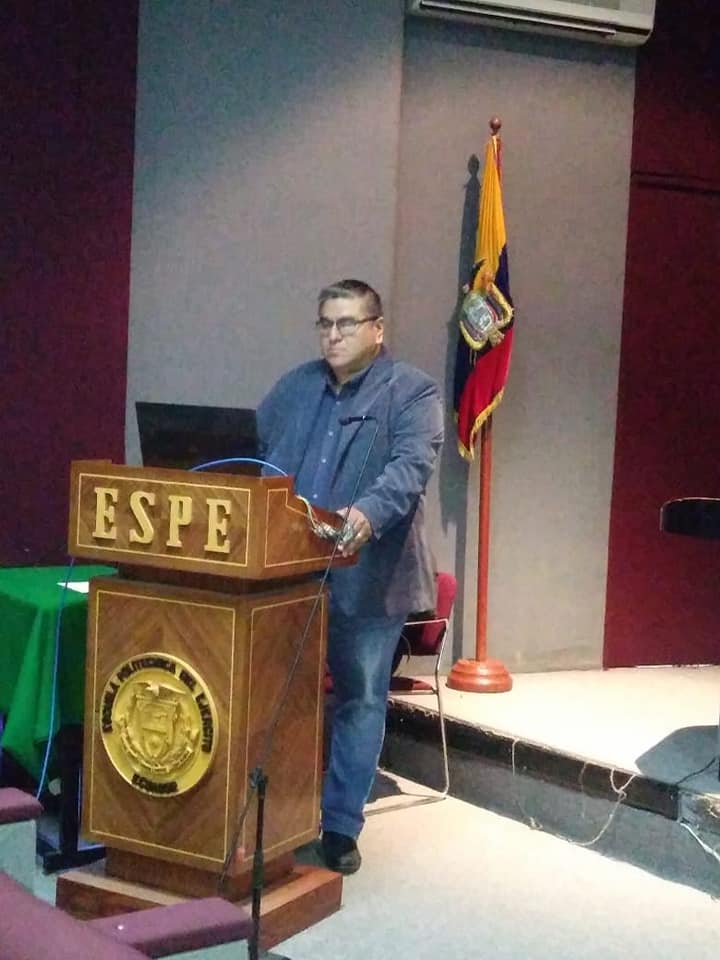 (2017)
(2017) | Castillo Páez, Sergio Alberto. Departamento Departamento de Ciencias Exactas - Universidad de las Fuerzas Armadas ESPE. Doutor/a pola UVIGO desde 18-07-2017, Aportaciones a la Geoestadística no paramétrica. | |
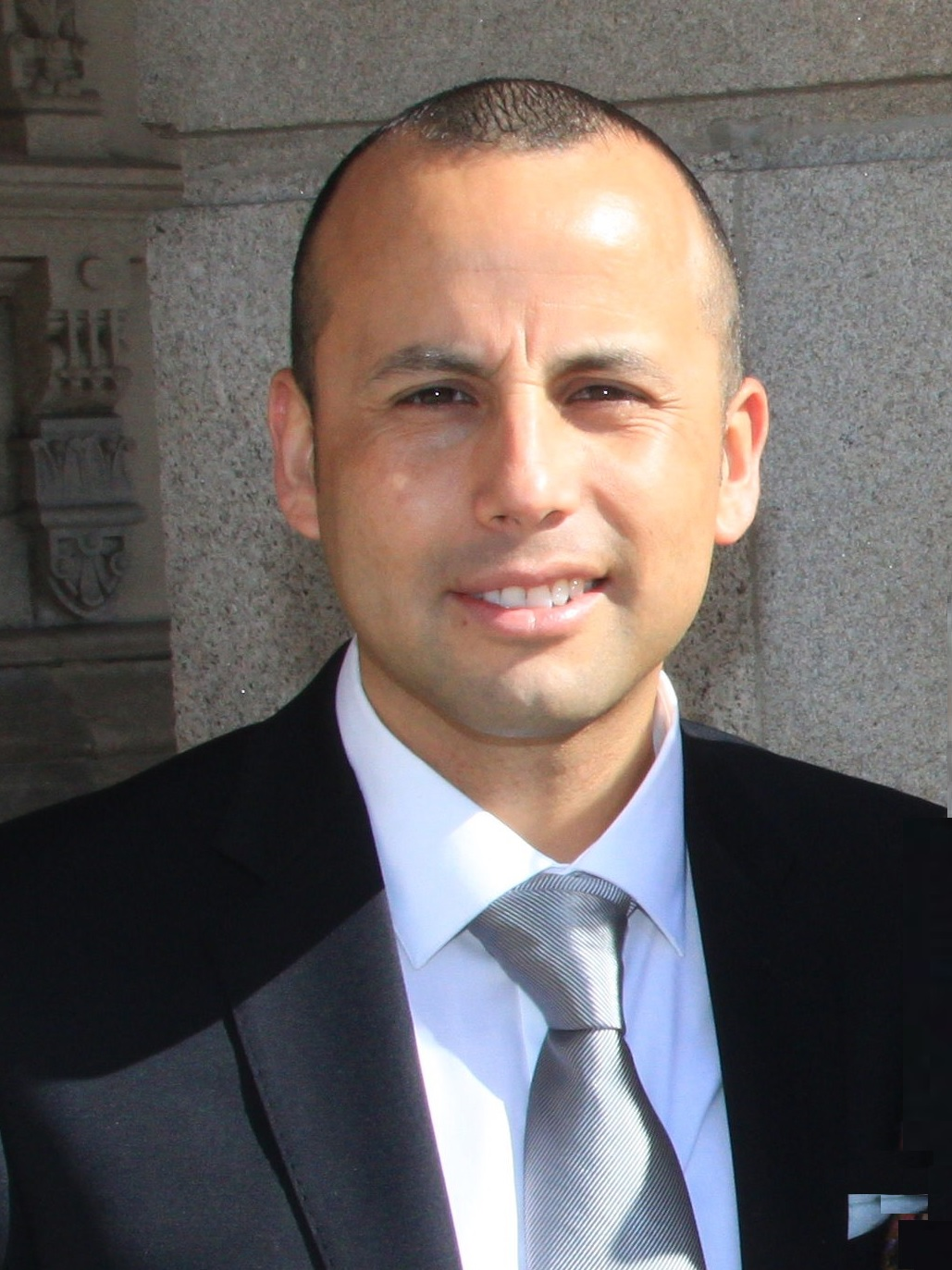 (2016)
(2016) | Devia Rivera, Andrés Eduardo. Departamento Dirección de Validación - Banco Sabadell. Doutor/a pola UDC desde 14-01-2016, Contribuciones al análisis estadístico del riesgo de crédito. | |
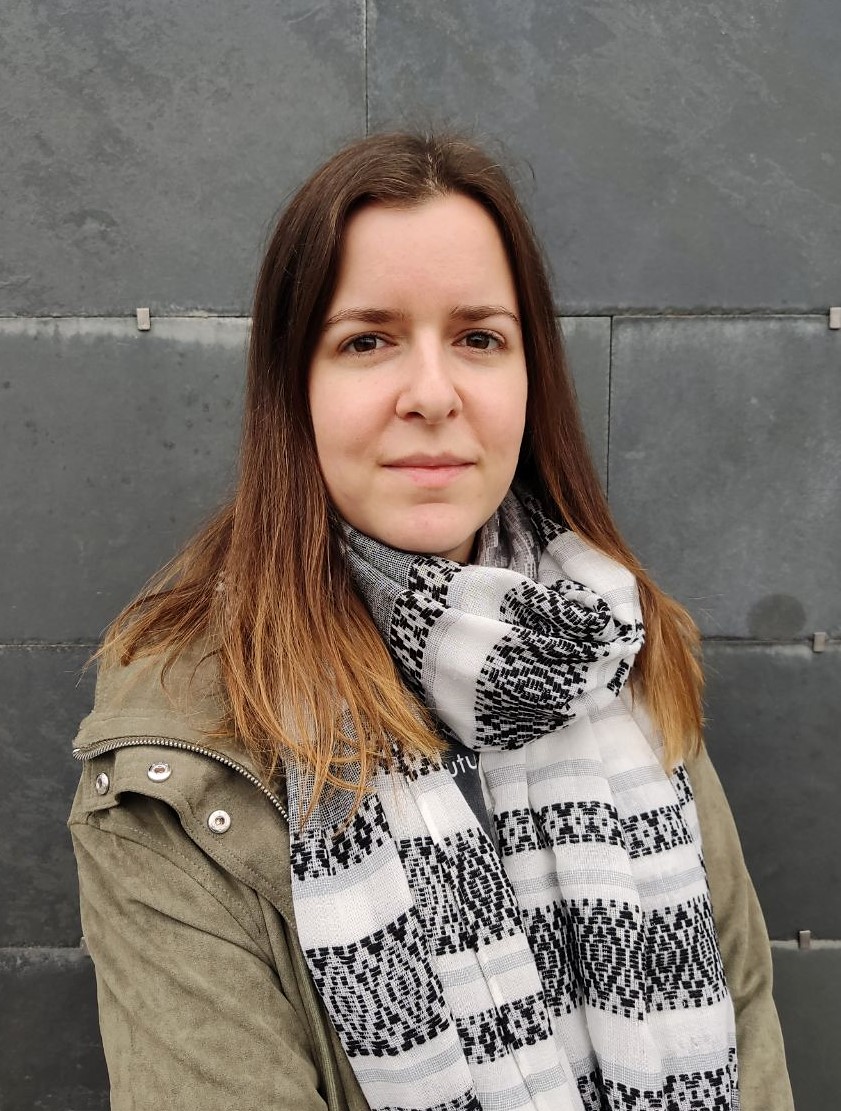 (2016)
(2016) | Raña Míguez, Paula. Departamento Matemáticas - IES Arcebispo Xelmírez II. Doutor/a pola UDC desde 15-12-2016, Predicción Puntual e Intervalos de Confianza y de Predición en Demanda y Precio de la Energía Eléctrica. | |
| (2016) | Fuentes Santos, Isabel. Doutor/a pola USC desde 05-02-2016, Nonparametric inference for first-order characteristics of spatial and spatio-temporal point processes. | |
 (2015)
(2015) | Costa Bouzas, Julián. Departamento Matemáticas - Universidade de A Coruña. Doutor/a pola UDC desde 08-05-2015, Valores coalicionales en juegos cooperativos con utilidad transferible. | |
 (2015)
(2015) | Reyes Cortés, Miguel Ángel. Departamento Actuaría - Benemerita Universidad Autonoma de Puebla. Doutor/a pola UDC desde 18-12-2015, Métodos Estatísticos para o estudo de curvas de emerxencia en Malherboloxía. | |
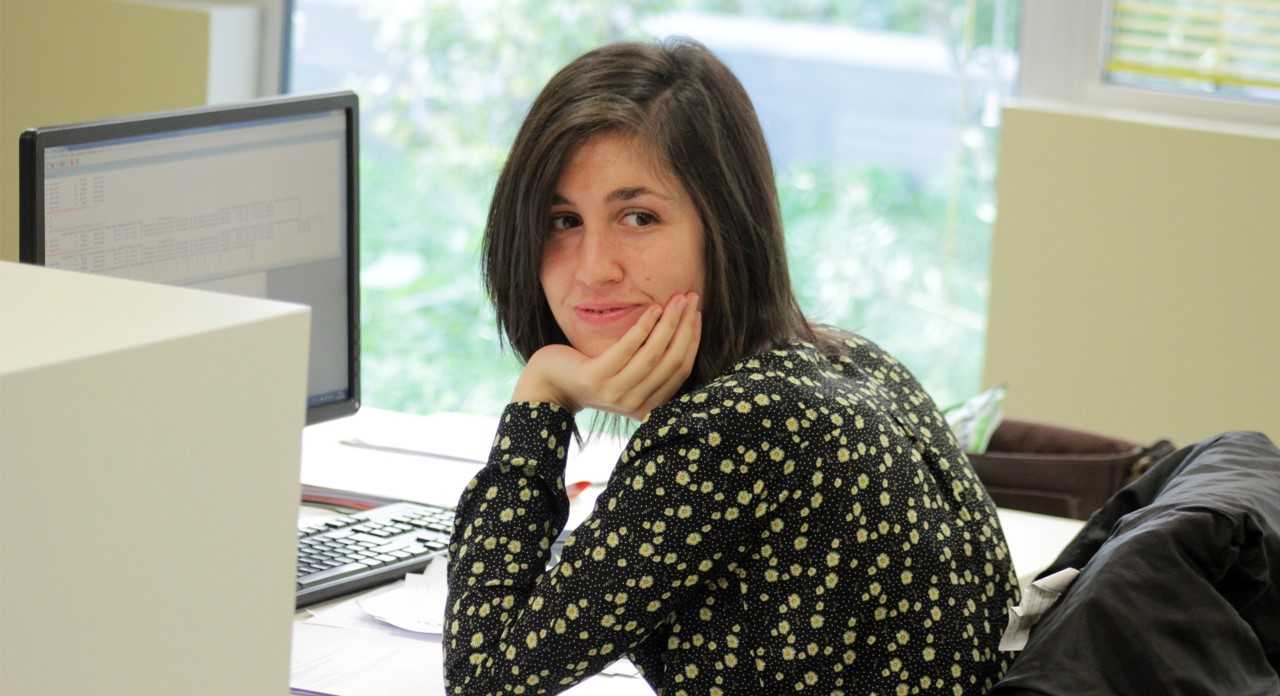 (2015)
(2015) | Saavedra Nieves, Paula. Departamento Estadística, Análisis Matemático y Optimización - Universidade de Santiago de Compostela. Doutor/a pola USC desde 06-03-2015, Nonparametric Data-Driven Methods for Set Estimation. | |
| (2014) | López Vizcaíno, María Esther. Departamento Difusión - Instituto Galego de Estatística (IGE). Doutor/a pola UDC desde 25-04-2014, Estimación en áreas pequeñas. Una aplicación a la estimación de las variables del mercado laboral en las comarcas gallegas. | |
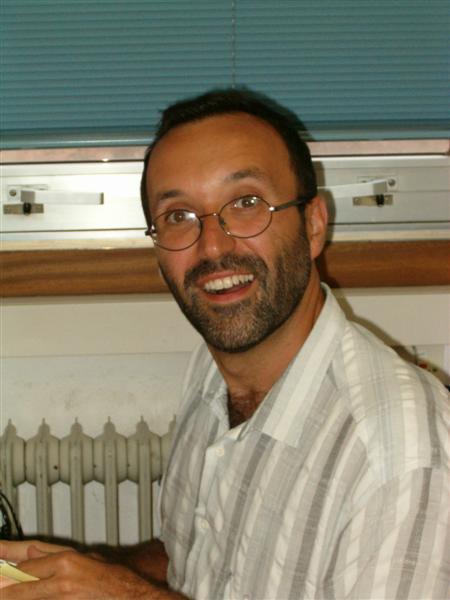 (2014)
(2014) | Iglesias Patiño, Carlos Luis. Departamento Coordinación y Planificación - Instituto Galego de Estatística (IGE). Doutor/a pola USC desde 04-07-2014, Estimación no paramétrica de la regresión en el contexto de poblaciones finitas. | |
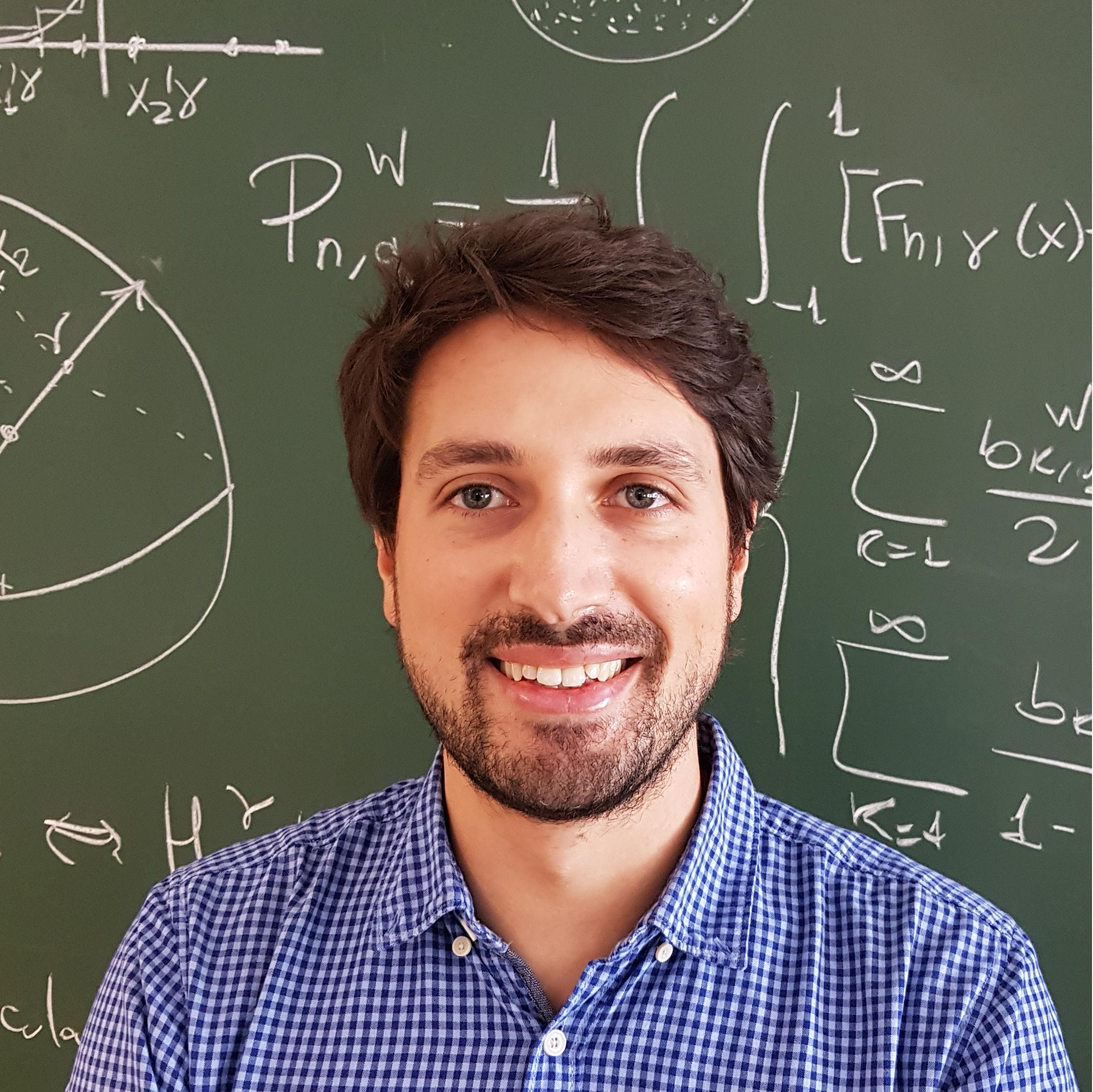 (2014)
(2014) | García Portugués, Eduardo. Departamento Estadística - Universidad Carlos III de Madrid. Doutor/a pola USC desde 12-12-2014, Nonparametric inference with directional and linear data. | |
| (2014) | Castro Conde, Irene. Doutor/a pola UVIGO desde 18-12-2014, Advances in Multiple Hypothesis Testing: The Sequential Goodness-of-Fit Procedure Revisited and Expanded. | |
 (2014)
(2014) | Pires de Mendonça, Jorge Manuel. Departamento Instituto Superior de Engenharia - Universidade de Porto . Doutor/a pola UVIGO desde 22-10-2014, Nuevas contribuciones en el modelo de indicadores de censura faltantes. | |
 (2013)
(2013) | González Montoro, Aldana María. Departamento Matemática - Universidad Nacional de Córdoba. Doutor/a pola UDC desde 24-04-2013, Nonparametric Inference for Neural Synchrony under Low Firing Activity. | |
| (2013) | Martínez Calvo, Adela. Departamento Enxeñaría Agroforestal - Universidade de Santiago de Compostela. Doutor/a pola USC desde 04-04-2013, Estimates and Bootstrap Calibration for Functional Regression with Scalar Response. | |
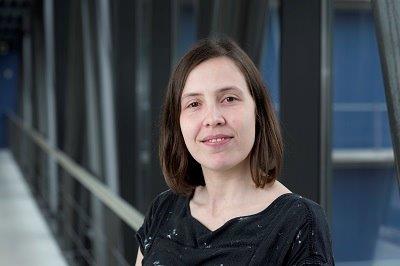 (2013)
(2013) | Rodríguez Girondo, Mar. Departamento Biomedical Data Sciences - Leiden University Medical Center. Doutor/a pola USC desde 28-06-2013, Contributions to the Survival Analysis with applications to Biomedicine. | |
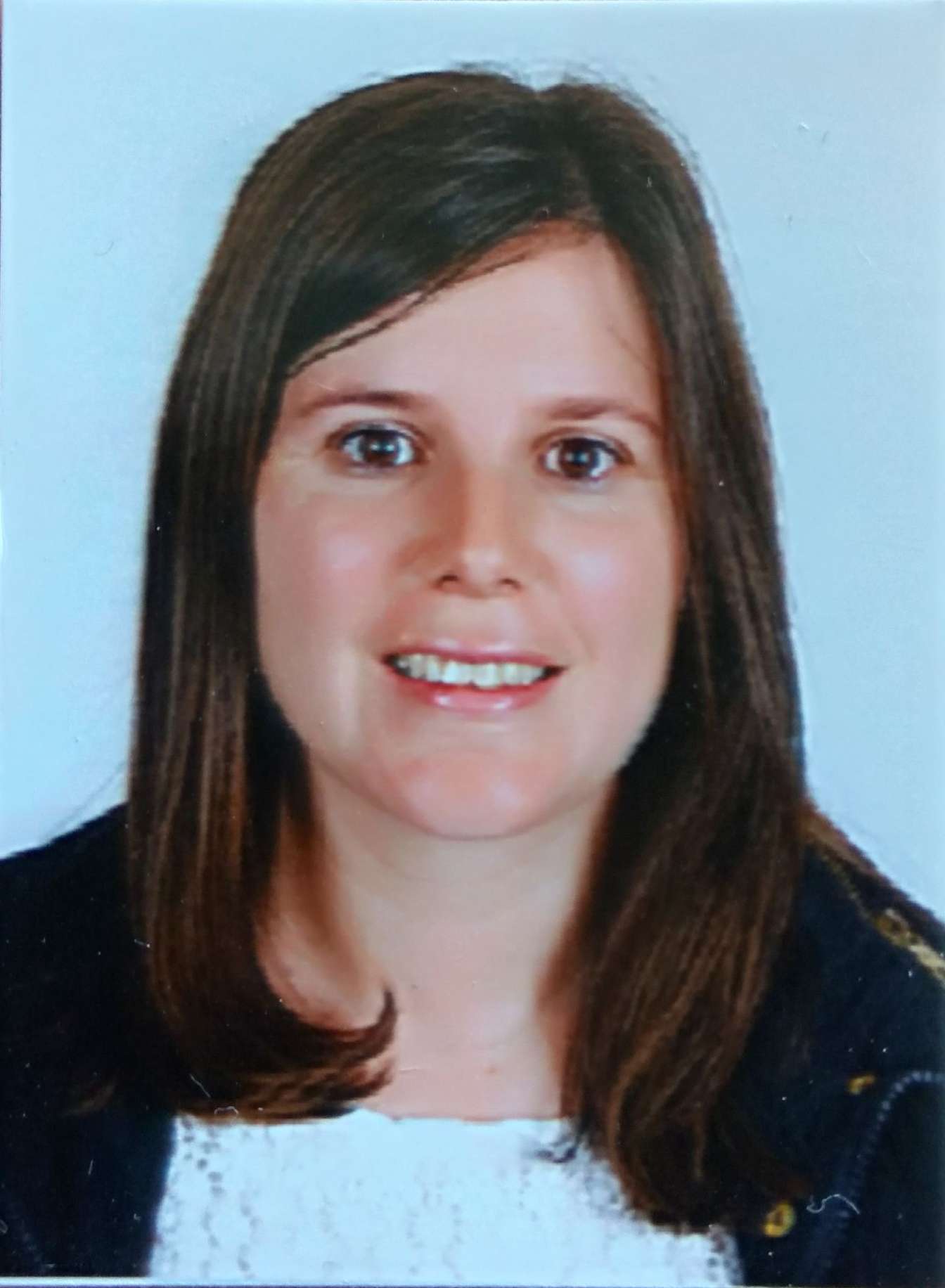 (2013)
(2013) | Oliveira Pérez, María. Departamento Departamento de Modelos Predictivos y Prospección - ABANCA. Doutor/a pola USC desde 29-11-2013, Métodos nonparamétricos circulares para densidade e regresión. | |
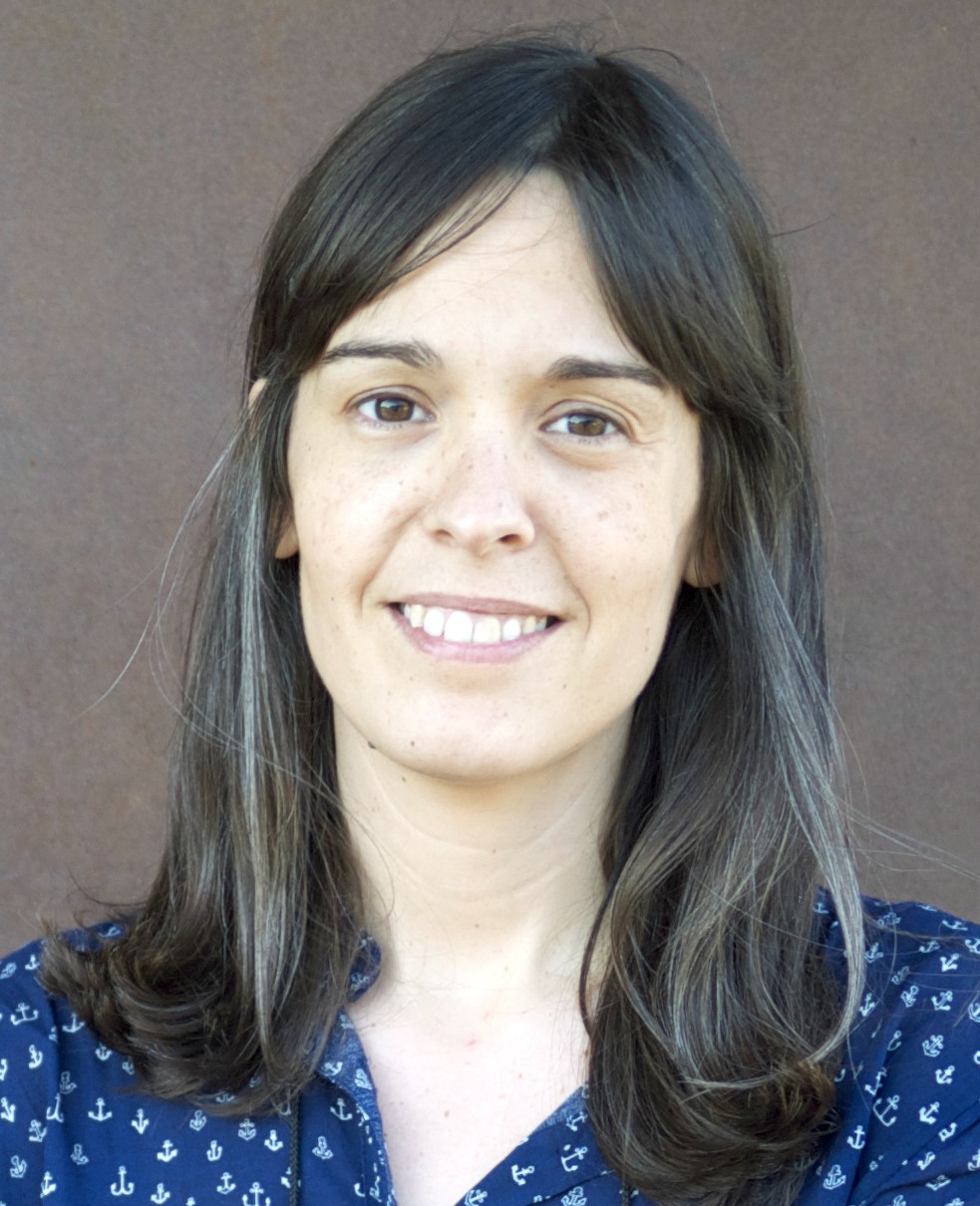 (2013)
(2013) | Sestelo Pérez, Marta. Departamento Estadística e Investigación Operativa - UVIGO. Doutor/a pola UVIGO desde 30-05-2013, Development and computational implementation of estimation and inference methods in flexible regression models. applications in biology, engineering and environment. | |
| (2012) | Tarrío Saavedra, Javier. Departamento Matemáticas - Universidade de A Coruña. Doutor/a pola UDC desde 16-11-2012, Evaluación y clasificación de materiales: un enfoque estadístico. | |
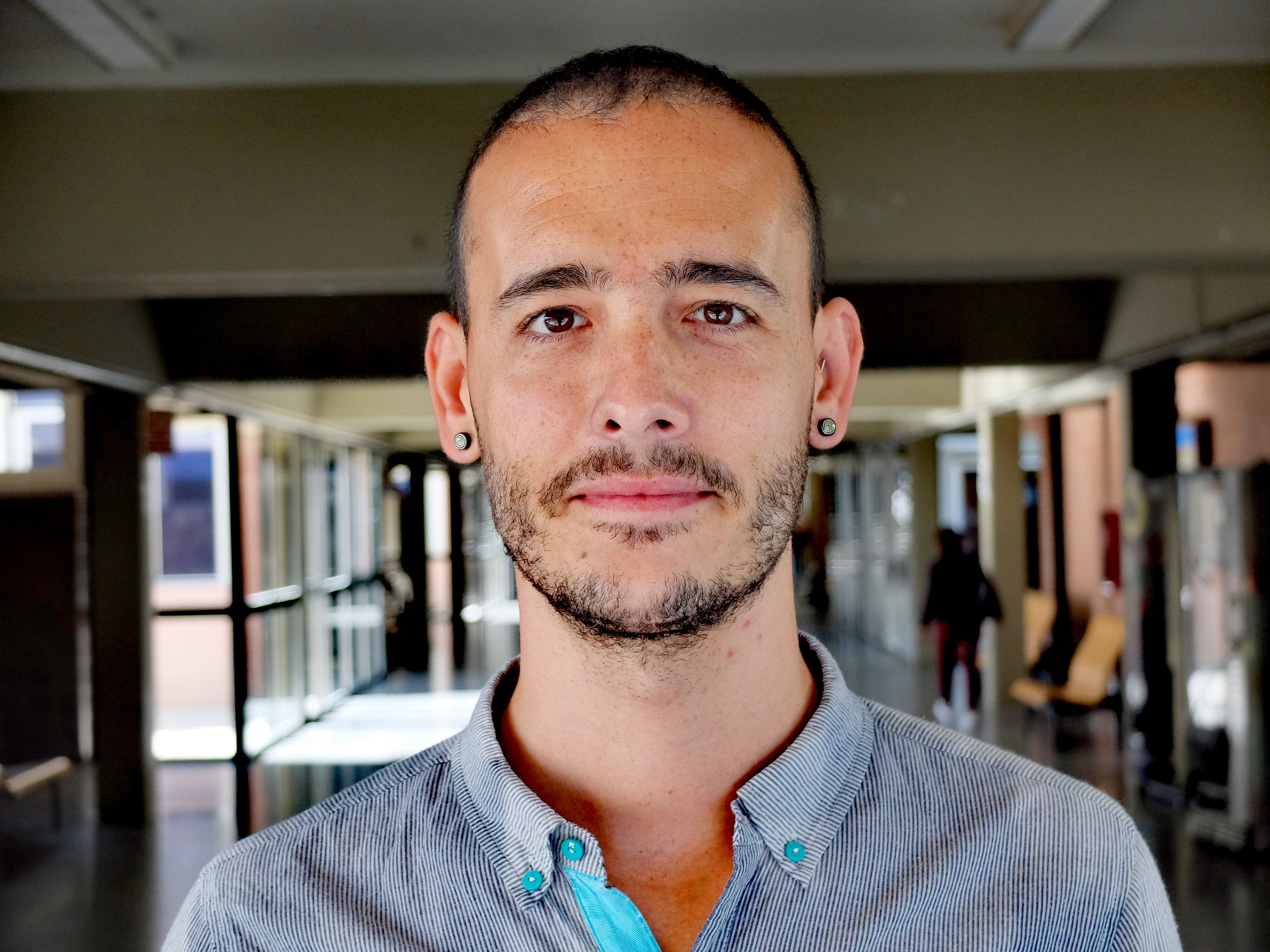 (2012)
(2012) | Álvarez Mozos, Mikel. Departamento Departamento de Matemática Económica, Financiera y Actuarial - Universitat de Barcelona. Doutor/a pola USC desde 23-03-2012, Essays on Cooperative Games with Restricted Cooperation and Simple Games. |
